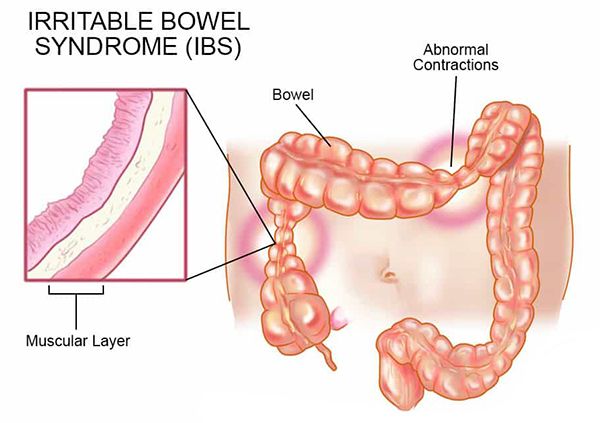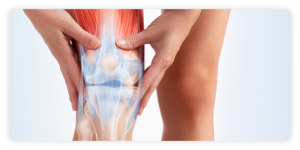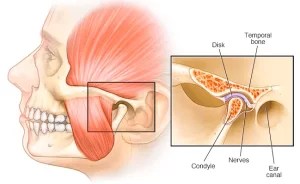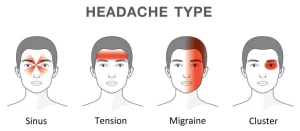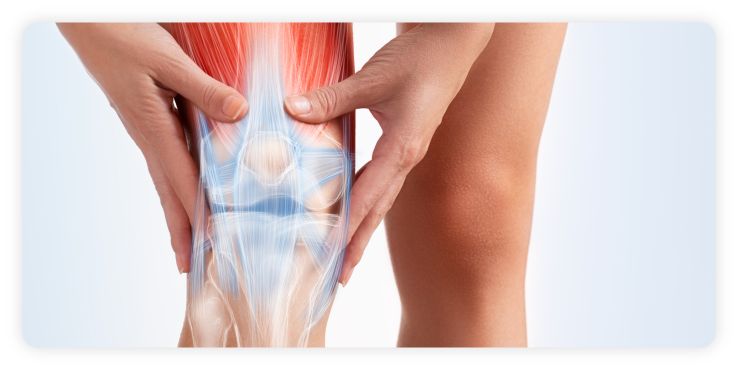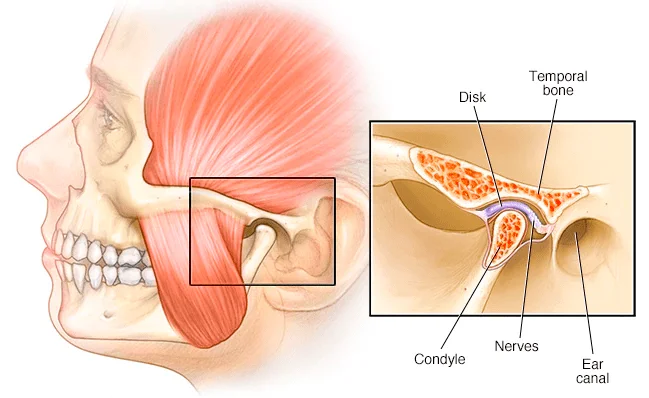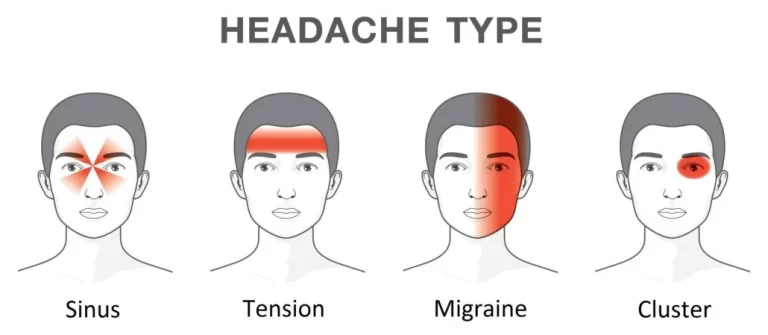What is Irritable Bowel Syndrome (IBS)?
Irritable Bowel Syndrome (IBS) is a long-term gastrointestinal disorder that can cause persistent discomfort. People also refer IBS as spastic colitis, mucous colitis, and nervous colon. It is a chronic condition. IBS is a mix of belly discomfort or pain and trouble with bowel habits: either going more or less often than normal (diarrhoea or constipation) or having a different kind of stool (thin, hard, or soft and liquid).
Symptoms of Irritable Bowel Syndrome (IBS)
The most common symptoms of IBS include changes in bowel habits, abdominal pain, and cramping, which often reduce after passing a stool, a feeling that the bowels are not empty after passing stools, passing excess gas, the passing of mucus from the rectum, a sudden and urgent need to use the bathroom and bloating of the abdomen. Symptoms often get worse after meals. A flare-up may last for several days, and then symptoms either improve or resolve completely.
Signs and symptoms often vary between individuals. They often resemble symptoms of other diseases and conditions and can also affect different parts of the body. These may include frequent urination, halitosis or bad breath, headache, joint or muscle pain, persistent fatigue, in females, dyspareunia, and irregular menses.
Dietary factors can play a role in triggering IBS symptoms. Symptoms are often worse after consuming certain products, such as chocolate, milk, or alcohol. They may cause either constipation or diarrhoea. Some fruits, vegetables, and sodas can trigger bloating and discomfort. It is unclear whether a food allergy or intolerance plays a role.
Dietary steps that can help a person reduce the risk of a flare include:
– Managing fiber intake: Some people with IBS need to increase their fiber intake while others should consume less. A balanced level of fiber in the diet can help promote healthy digestion.
– Probiotic supplements: Taking probiotics may help some people. These are beneficial bacteria that support gut health. A person may not feel their effects immediately, so they should take them over a few weeks to gauge their impact on gut health over a more extended period.
– Food diary: Keeping a record of specific foods in the diet and their physical effects will help a person identify primary trigger foods.
Physical therapy can help treat the symptoms of IBS and restore gut health. Treatment plans will be customised according to health history coupled with exercises and lifestyle recommendations to alleviate the pain. If in doubt, please please seek professional advice.
Osteopathic Support for Irritable Bowel Syndrome (IBS)
IBS symptoms may be influenced by stress, posture, and tension in the abdominal or pelvic regions. Learn more about how an osteopath in Singapore may support symptom management through gentle manual techniques aimed at improving overall function and comfort.
Check out our popular articles: Diastasis Recti, Tight Back Muscles, Irritable Bowel Syndrome (IBS), Temporomandibular Joint (TMJ) Dysfunction, Tennis Elbow, Wrist Tendon Injury, Sciatica, Whiplash, Hernia, Herniated Disc (Slipped Disc).
